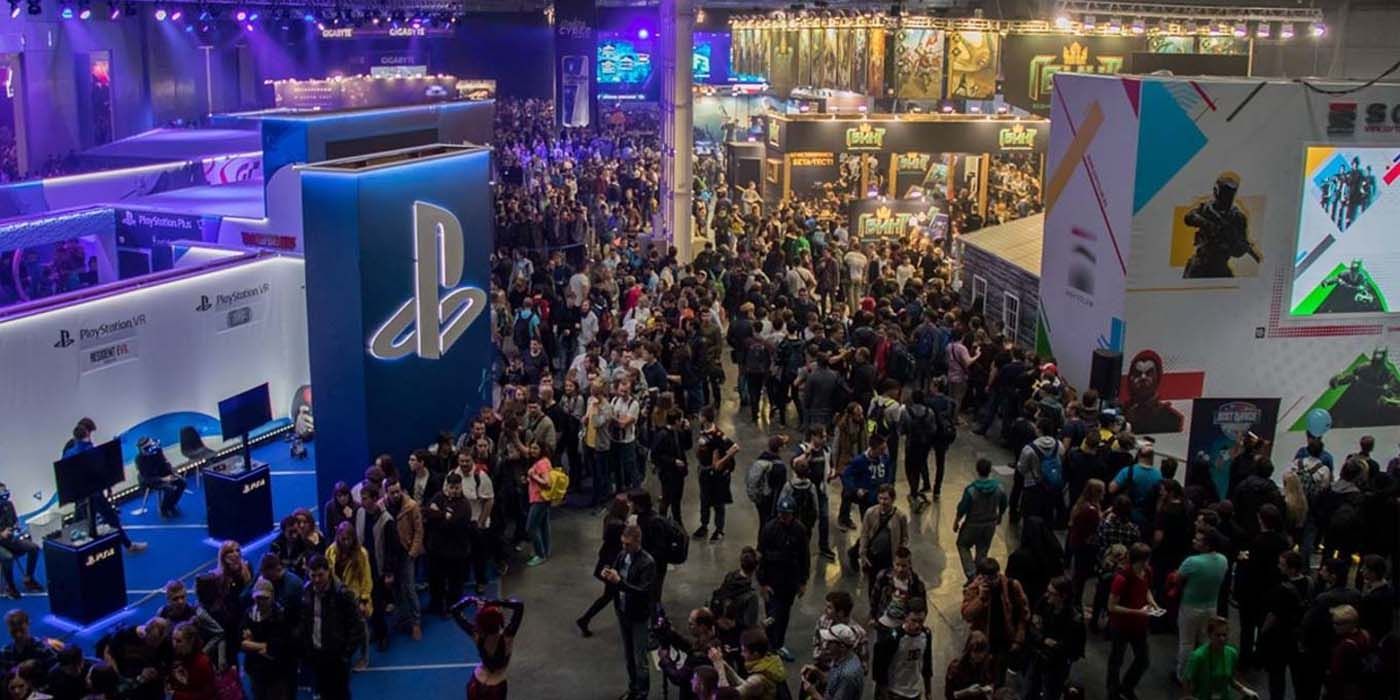20Shift: Your Daily Dose of Insight
Stay updated with the latest trends and news across various domains.
When Game Consoles Collide: Epic Events That Changed Everything
Discover the epic battles and groundbreaking moments in gaming history that reshaped consoles forever! Don't miss these game-changing events!
The Console War: How Sega vs. Nintendo Defined a Generation
The **Console War** between Sega and Nintendo in the 1990s was more than just a battle for market share; it was a cultural phenomenon that defined a generation of gamers. With each company vying for dominance, they brought forth iconic characters and franchises that would become staples in gaming history. Sega introduced the edgy and daring Sonic the Hedgehog, while Nintendo countered with its beloved mascot, Mario. This rivalry not only fueled innovation in gaming technology but also shaped marketing strategies, leading to memorable campaigns like Sega's "Genesis does what Nintendon't". As these two titans fought for the hearts and minds of players, they laid the groundwork for a passionate community that continues to this day.
The impact of the Sega vs. Nintendo **Console War** extended beyond just games and consoles. It created a societal divide among gamers, with loyalists often debating the merits of their preferred brand. **Conventions**, schoolyards, and even living rooms became battlegrounds for these discussions, leading to a sense of identity tied to either Sega or Nintendo. The competition spurred both companies to continually innovate; Sega's introduction of 16-bit graphics in the Genesis and Nintendo's groundbreaking Super Mario World showcased what was possible in home gaming. In retrospect, this rivalry not only defined a generation but also transformed the landscape of the gaming industry, influencing how companies approach game development and marketing today.

Fall of Giants: The Impact of the PS2’s Launch on the Gaming Industry
The launch of the PlayStation 2 (PS2) in 2000 marked a pivotal moment in the gaming industry, serving as a catalyst for both technological advancements and shifts in market dynamics. It introduced players to an unprecedented level of graphical fidelity, enabling developers to create immersive worlds that were previously unimaginable. The PS2's ability to play DVDs also transformed it into a multi-functional entertainment system, attracting a broader demographic and positioning itself as a household staple. This innovative blend of gaming and multimedia capabilities not only rejuvenated interest in console gaming but also set new standards for game design and development that echoed throughout the industry.
Moreover, the PS2's launch had significant implications for game developers and publishers, as it established a highly competitive environment. Major studios began to craft blockbuster titles tailored for the console, leading to the emergence of franchises that continue to thrive today. This shift encouraged smaller independent developers to enter the scene, diversifying the catalog of available games and fostering a culture of innovation. As the PS2 became the best-selling console of all time, its impact reverberated through the industry, shaping not only the strategies of existing companies but also inspiring new players to flock to the gaming market.
What Were the Most Influential Console Releases of All Time?
The world of gaming has been significantly shaped by numerous console releases that have left a lasting impact on both technology and culture. Among these, the Nintendo Entertainment System (NES), released in 1983, is frequently credited with revitalizing the gaming industry after the crash of 1983. Its legendary library of titles, including classics like Super Mario Bros. and The Legend of Zelda, not only defined genres but also introduced millions to the joys of gaming.
Another monumental release was the PlayStation, launched by Sony in 1994, which paved the way for 3D gaming and established a new standard in terms of graphics and storytelling. With titles like Final Fantasy VII and Metal Gear Solid, the PlayStation demonstrated the potential of video games as a narrative medium, ultimately changing the perception of video games from mere entertainment to a form of art and cultural expression.